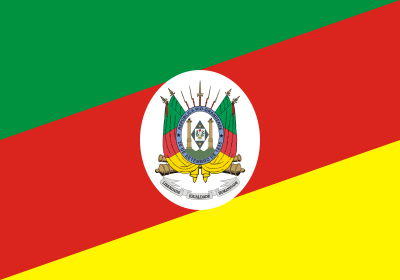The Southeast region is influenced by the tropical climate. There is a diversity of climate depending on altitude and atmospheric pressure.
The Atlantic tropical climate is recorded on the coast and, in the plateau regions, the altitude tropical climate.
The average temperature remains at 20ºC in the border regions between Paraná and São Paulo. In the north of Minas Gerais, thermometers usually mark 24ºC, m and average. The mountainous region, where the Mantiqueira, Mar and Espinhaço mountains are located, registers marks of 18ºC on average.
In that same region, in winter, temperatures can reach minus 4ºC. The maximum reaches 20ºC.
All states in the region register temperatures from 30ºC to 32ºC.
Read too:
- Types of Climate
- Brazil climates
geography
The southeast region is formed by the states of São Paulo, Rio de Janeiro, Espírito Santo and Minas Gerais.
It is the region with the greatest industrial and economic development in the country and where the largest Brazilian megalopolises are concentrated: São Paulo and Rio de Janeiro.
In economic terms, it is also the region that receives the largest investment from the federal and foreign government. The most important multinationals have representations in the region.
Complete your research:
- Southeast region
- Southeastern States
- Southeast culture
- Southeast Region Economy
Relief
The relief of the Southeast region is characterized by coastal plains, lakes, beaches, sandbanks, mountains and plateaus.
Hydrography
The main rivers in this region are the Paraná, Paranaíba, Grande, Doce, Três Marias, São Simão and Urubupungá.
Test your knowledge with Exercises on Climates in Brazil.



